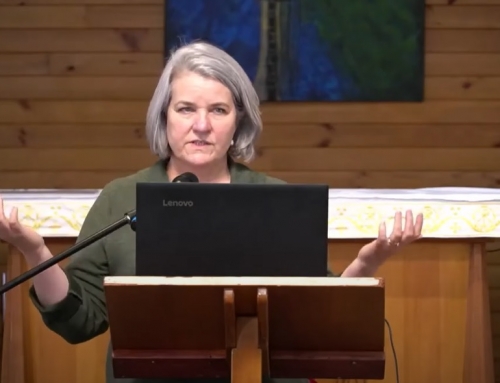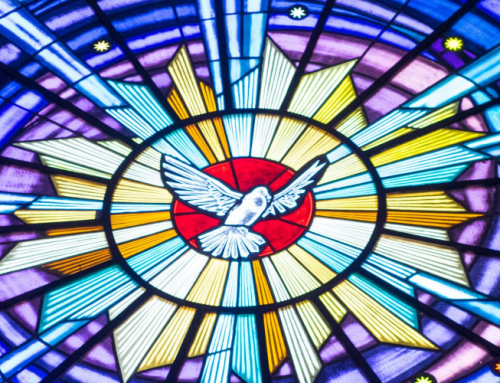Msgr Charles Pope here
This article first appeared in Msgr Pope’s blog. Some excerpts are republished here as the issues raised in the article are relevant to many countries beyond the USA.
In the wake of the supreme court decisions of this week, I would like to return to a question I have Asked before: Are we coming to a point where we should consider dropping our use of the word “marriage?”
It is a simple fact that word “marriage” as we have traditionally known it is being redefined in our times. To many in the secular world the word no longer means what it once did and when the Church uses the word marriage we clearly do not mean what the increasing number of states mean.
Proposal: So the bottom line is that what the secular world means by the word “marriage” is not even close to what the Church means. The secular world excluded every aspect of what the Church means by marriage. Is it time for us to accept this and start using a different word? Perhaps it is, and I would like to propose what I did back in March of 2010, that we return to an older term and hear what you think.
I propose that we should exclusively refer to marriage in the Church as “Holy Matrimony.”
According to this proposal the word marriage would be set aside and replaced by Holy Matrimony. It should be noticed that the Catechism of the Catholic Church refers to this Sacrament formally as “The Sacrament of Matrimony.”
The word “matrimony” also emphasizes two aspects of marriage: procreation and heterosexual complementarity. The word comes from Latin and old French roots. Matri = “mother” and mony, a suffix indicating “action, state, or condition.” Hence Holy Matrimony refers to that that holy Sacrament wherein a woman enters the state that inaugurates an openness to motherhood. Hence the Biblical and Ecclesial definition of Holy Matrimony as heterosexual and procreative is reaffirmed by the term itself. Calling it HOLY Matrimony distinguishes it from secular muddle that has “marriage” for its nomen.
When I proposed this two years ago… many of you were rather unconvinced and some were even perturbed that we were handing on over our vocabulary to the libertines. That may be, but we already know that “gay” will never mean what it used to, and it would seem that “marriage” will never again mean what it did.
Civil Magistrates
A secondary but related proposal is that we begin to consider getting out of the business of having our clergy act as civil magistrates in weddings. Right now we clergy in most of America sign the civil license and act, as such, as partners with the State. But with increasing States interpreting marriage so differently, can we really say we are partners? Should we even give the impression of credibility to the State’s increasingly meaningless piece of paper? It may remain the case that the Catholic faithful, for legal and tax reasons may need to get a civil license, but why should clergy have anything to do with it?
If we did stop signing civil licenses, we would surely need a strong catechesis directed to our faithful that reiterates that civil “marriage” (what ever that means anymore) is not Holy Matrimony and that they should, in no way consider themselves as wed, due to a (meaningless) piece of paper from a secular state that reflects only confusion and darkness rather than clarity and Christian light.
Msgr. Charles Pope is the pastor of Holy Comforter-St. Cyprian, a vibrant parish community in Washington, DC. A native of Chicago with a Bachelor of Science degree in computer science, his interest in the priesthood stemmed from his experience as a church organist, cantor and choir director during college. He attended Mount Saint Mary’s Seminary and holds Masters degrees in Divinity and in Moral Theology. He was ordained in 1989 and named a Monsignor in 2005. He has conducted a weekly Bible Study in Congress and in the White House, for two and four years, respectively.
Questions for Discussion
- In a world where the definition of ‘marriage’ is undergoing legal and social changes, how can the Church hold onto its timeless definition AND remain relevant?
- How can our use of language in the culture debates about marriage, family and life issues work for us (and against us) in winning the hearts and minds of others for Christ?
- What do you see as the biggest challenge facing the people of God in the marriage arena?






Should we not simply be patient? The trend to cohabit as a substitute to marriage and the nebulous nature of civil marriage may well make it so meaningless to all but people of faith, that it stops being used.
In ancient Rome it was so. Sacred marriages were something that Patrician Romans entered. It was religious and permanent – not so for the Plebs.
Do we abandon the word “love” simply because it is so ill used? We should show that a word can have more than one meaning.
We have been referring to matrimony for our three way relationship for ages but am quiet concerned about the feeling coming from the US especially that priests should boycott the paperwork insisted by the state ,as that seems like like a parting cheap shot because they lost the gay marriage debate. Also weddings for the irregular church goers are still a great point of evangelisation.